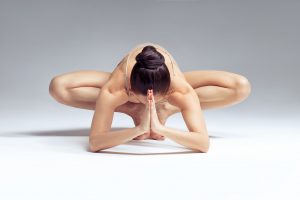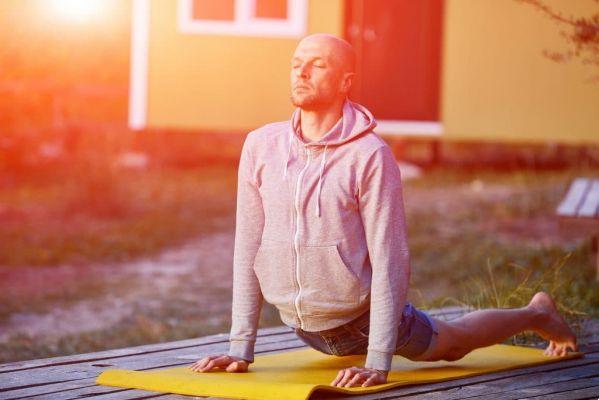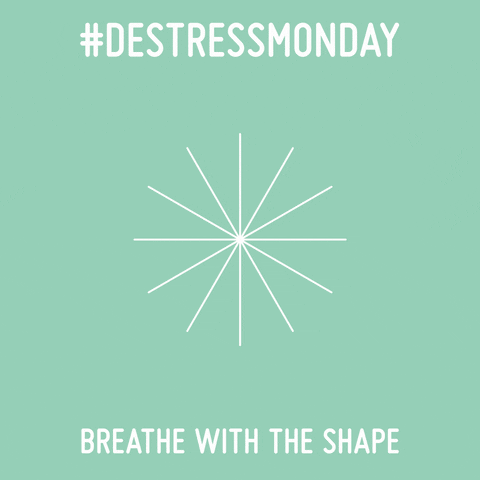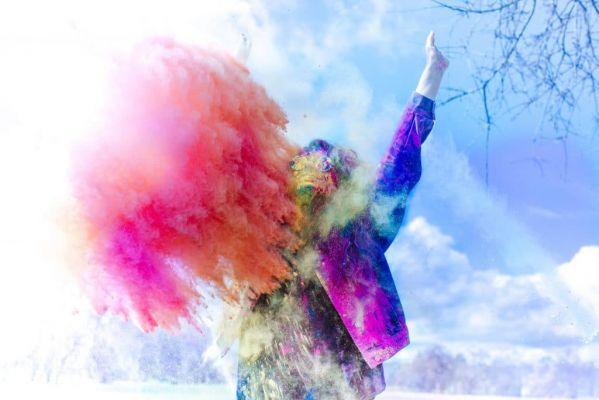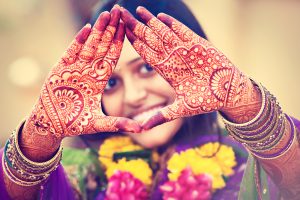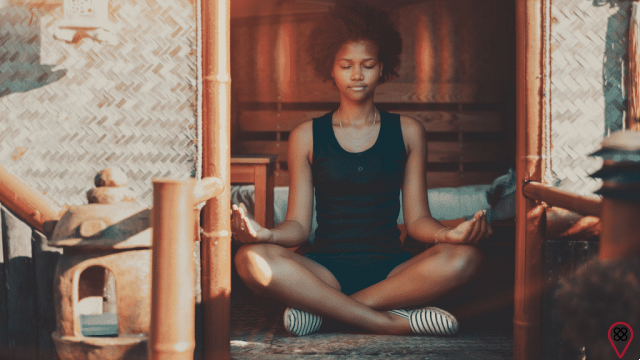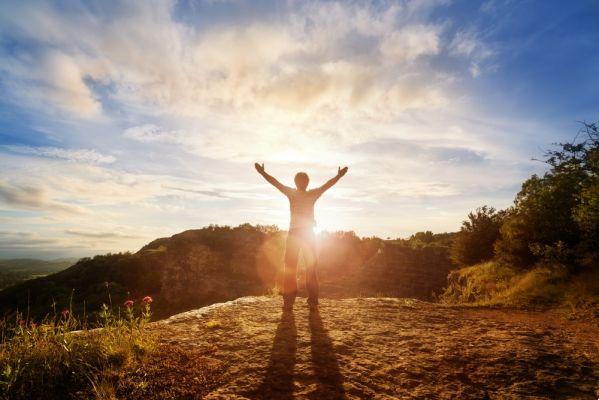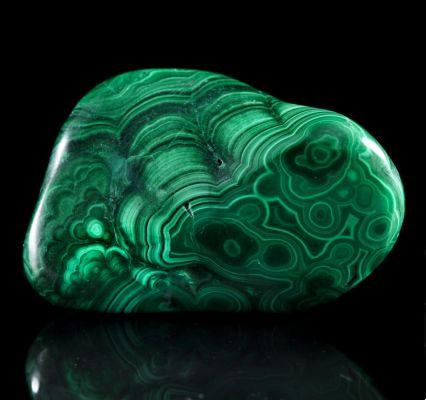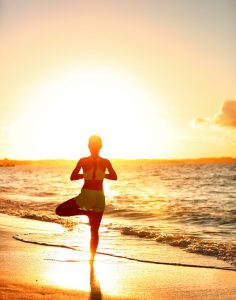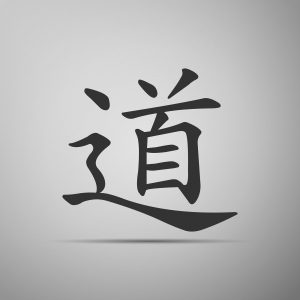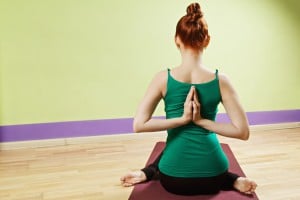We conducted an interview with Professor Rafael Silva to learn a little more about the origin and curiosities of Yôga. Follow below:
What is the origin of Yoga?
Yôga had its origin in a territory called Indu Valley, which is now occupied by India. One of the names given to its creator is Shiva. It is estimated to have lived more than five thousand years ago.
I met Yôga in 2003, joining a school that prepared future instructors and since my first practices I was already involved with the concepts and techniques of this philosophy. It all made sense.
What made you seek Yoga?
At first I didn't know anything about it, that was very good. I started without expectations and without the influence of versions that point to therapy or mysticism. I really wanted to know what it was, understand art and engage in self-knowledge. I was making contact with special people who practiced with me and also my instructors inspired me to progress. I watched them and wanted to have the qualities they had. Furthermore, I was at a stage that I wanted to renew myself, change my habits, overcome my limitations and improve as an individual.
How would you describe Yoga?
First I would say that it is indescribable, my personal experiences are small compared to the universe that I will still experience through this philosophy. Every practice I do, every class I teach, I have the full conviction that I'm evolving, always building a new version, an improved version of what I used to be.
But we can face Yoga as a philosophy, a practical philosophy, without theories and that we experience through empiricism, through experimentation. It is a proposal of personal evolution, of self-knowledge.
There are some types of Yoga, some older, some more modern, some authentic, others not so much. And there are types that are utilitarian; these simplify both Yôga and therapeutic proposals that de-characterize philosophy and self-knowledge.
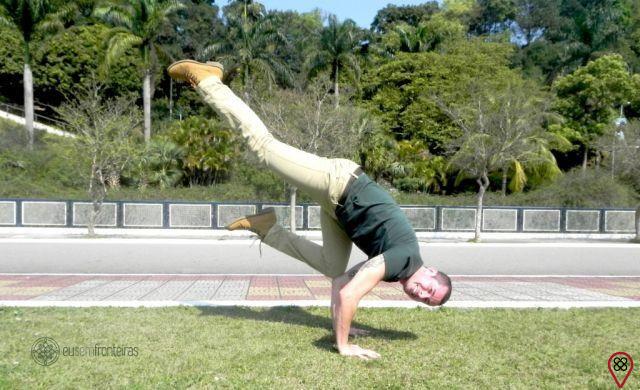 Are there prerequisites to practice Yoga?
Are there prerequisites to practice Yoga?
What I observe in the classes I teach is that those who stay longer practicing and who feel the results better are those who identify with the practice, are those who felt that they could, through Yôga, express what they already had best and useful inside. them but they didn't know how to make it objective. They are those who felt that with practice and study they can contribute to a better world and that this is not just in the imagination. They idealize, feel, realize and all this with great coherence. I think the prerequisite is this; identification.
It is important to know that the practice is not limited to doing beautiful and fascinating positions, that it is not sitting with your legs crossed and your eyes closed, that it is not relaxation or that it is something mystical. It should also be known that people of any religion can practice it, as Yoga is not a religion and that they should also detox from popular versions commonly offered in magazines and blogs on the internet. Look for good professionals who do honest work.
The age for the practice is very relative, I know senile young people and healthy fifties. The big difference is in the schedule and lifestyle that each one chose. In the type of Yôga that I teach (we can call it ancient Yôga, as it respects the original characteristics and structure of when this philosophy emerged), those people who are most identified are those people who still want to change, want to improve their physique, emotional, mental, they want to get to know each other better, they want to have a better performance in everything they do, whether in their favorite sport, in their professional performance, in their art, in their corporation, in their family or affective life.
They should start when they arouse interest, when they feel they can do something for them, when they want to dedicate more time to quality of life, when they want to optimize their qualities, when they want to awaken latent qualities, when they want to improve their performance in the sport they love, when crave self-knowledge, when they feel that their concentration, vitality, relationships, productivity, health, among other things, are starting to be compromised by a lifestyle that they no longer like.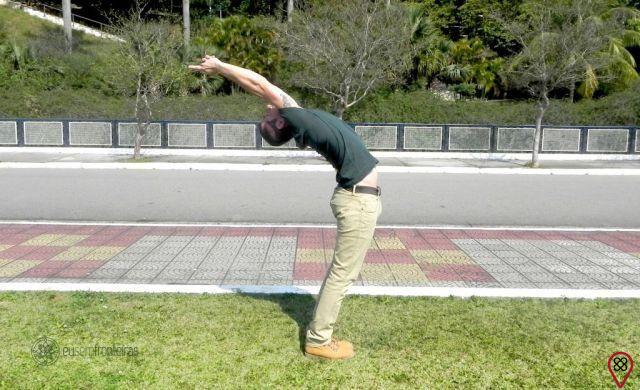
What are the results of a Yoga practice?
Are many. The practice of Yoga helps to increase concentration, gives muscle tone and strength, improves stretching and flexibility, re-educates breathing, gives good reflexes, body awareness, vitality, energy and disposition and also produces self-knowledge.
Is there a specific type of person for whom Yoga can bring greater results?
Yup. Healthy people, good with life and who insist on having the best for themselves in everything. Sportsmen, businessmen, artists, liberal professionals will also be very pleased with the results.
Men can and should practice Yoga; in fact, in India, Yoga is taught in the army to the military. The boys will be surprised by the effects of the practice.
What should you expect from the practice of Yoga?
Orientalism, philosophy, art, beauty, vigor of the body, energy and a lot of strength.
What would you advise for someone thinking of starting the practice?
Choose a professional well; it is your physical and mental health that are involved. I would also say to start the practice of Yôga while you are healthy, not to wait for your health to be compromised to start, but to start the practice to exacerbate the health you have. And that you have enthusiasm and joy for the practice of this true cultural heritage of humanity.






